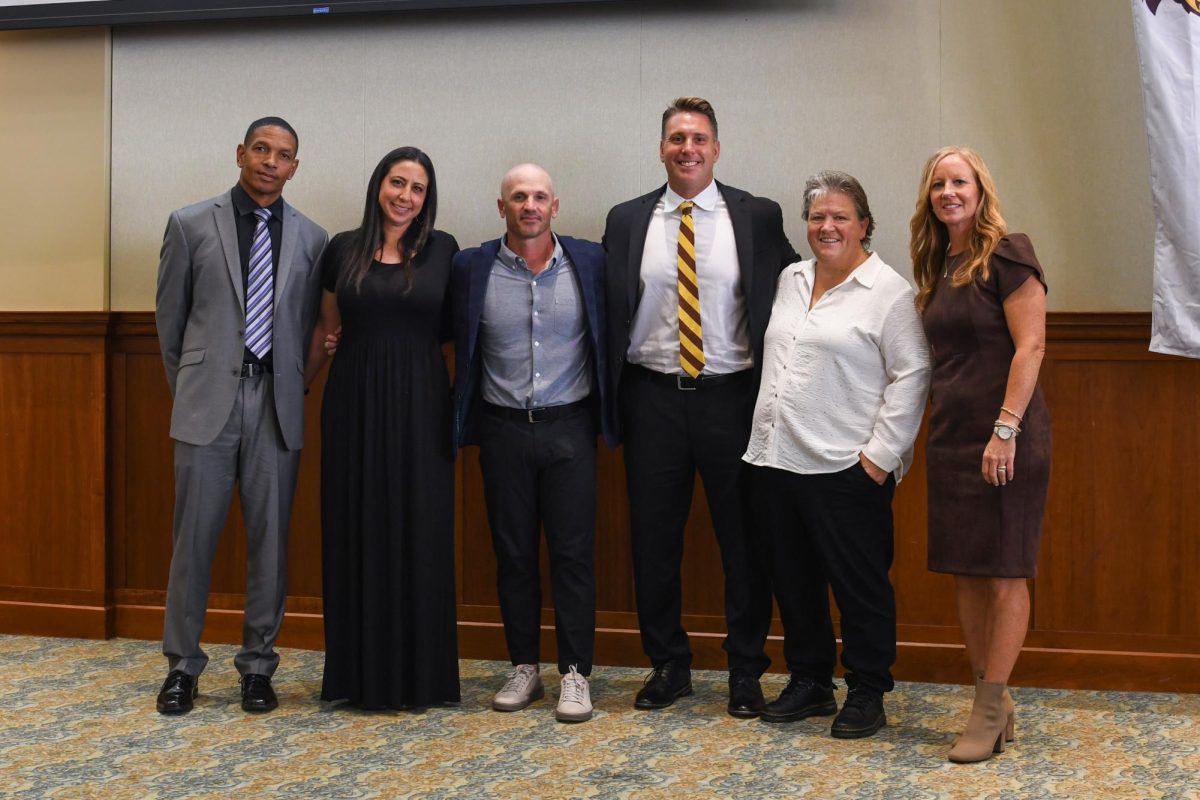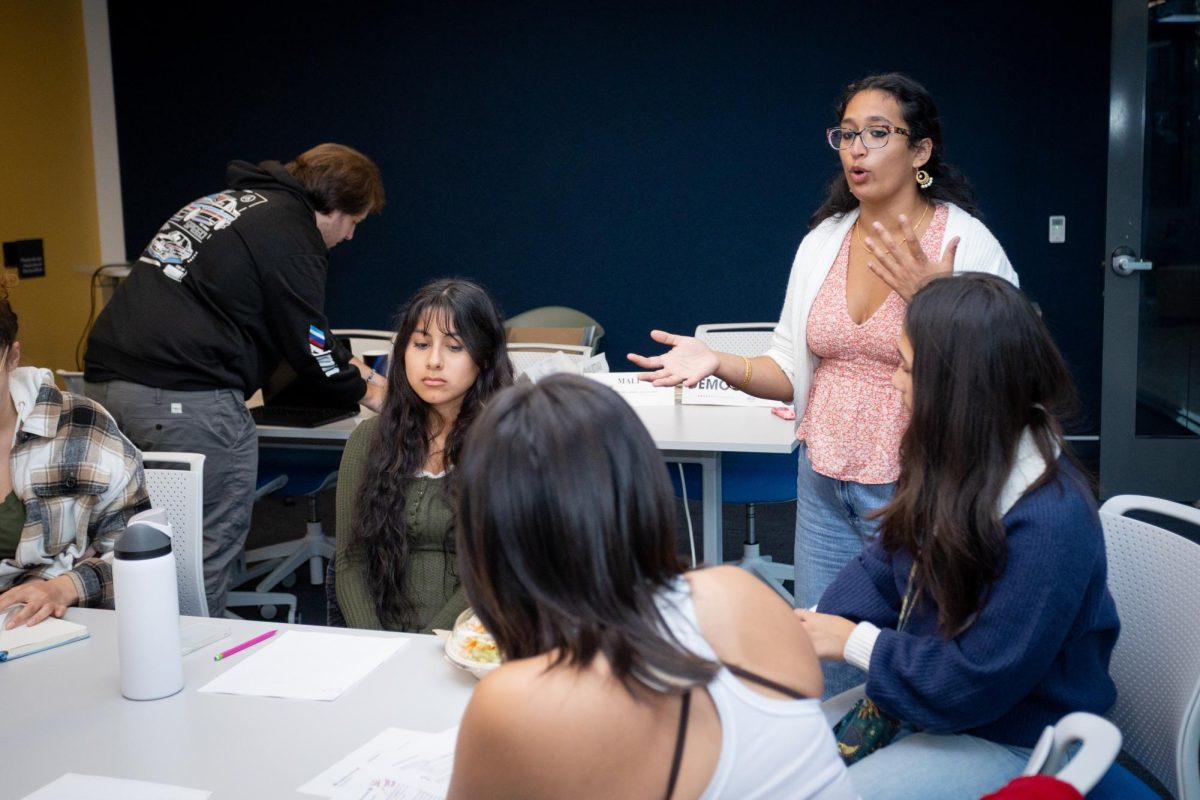Editor’s note: A portion of this article has been removed at the request of the person quoted. This has been done to prevent endangering that person and to keep them from experiencing further harassment.
Weinstein. Allen. Nassar. Trump. When people see these names together, the connection is made.
The Rowan Democratic Club held an event Thursday concerning the communication surrounding the #MeToo movement and sexual assault, entitled “Me Too, How About You?”
Connor Schmiegel, a junior political science and communication dual major, hosted the night’s event.
“You see it all the time where a break out scandal happens on the news, and in your home you might be talking to your family, or talking to your friends, and people get uncomfortable and they don’t know what to say because it’s all new. It’s strange. It’s good. It’s progress,” Schmiegal said. “But at the same time, it’s like how do we talk about it, and where do we go from here?”
Schmiegel mentioned that while the #MeToo movement has grown immensely, its creator is often forgotten.
Tarana Burke, a black woman, started the campaign in 2006 in her hometown of Harlem in New York City.
“We have a responsibility, especially since we are on a college campus where sexual assault does tend to happen,” Schmiegel said. “I think Rowan [Democrats] are reflective of the party itself. We have to continue. We have to make sure it’s represented on campus, because sure it’s happening in Hollywood and happening in politics, but are we having these discussions on campus?”
Schmiegel continued, saying, “We want to continue these [events] and make sure that women of all different backgrounds – black women, white women, intersectionality in general, LGBT women – have a voice, they have a platform.”
Kate Harman, a political communications professor, was the second and final speaker of the night.
On a PowerPoint, images of Kevin Spacey, Larry Nassar and Aziz Ansari appeared on the screen behind Harman. But, it was an article written by Katie Way that had students cracking their knuckles and shifting in their seats.
“It’s terrifying…when you read this story and some of these things feel so close to home,” Harman said. “They feel like something you may have done and you’re not sure. It’s that grey area again.”
Harman displayed articles defending Ansari and his actions. She challenged the students to share their opinions on the comedian’s situation. She pushed the crowd further, asking them what makes Ansari’s story different than others.
“The reason that this is so important, the implications of Aziz Ansari’s case and the conversation surrounding it, is that it is the most likely thing that you all are going to interact with,” Harman said. “This is more likely something that is going to happen to you. And I don’t mean that to scare you. This is not a fear-mongering [conversation]. We don’t talk about this [interaction].”
For comments/questions about this story, email [email protected] or tweet @TheWhitOnline.

































































































































































































